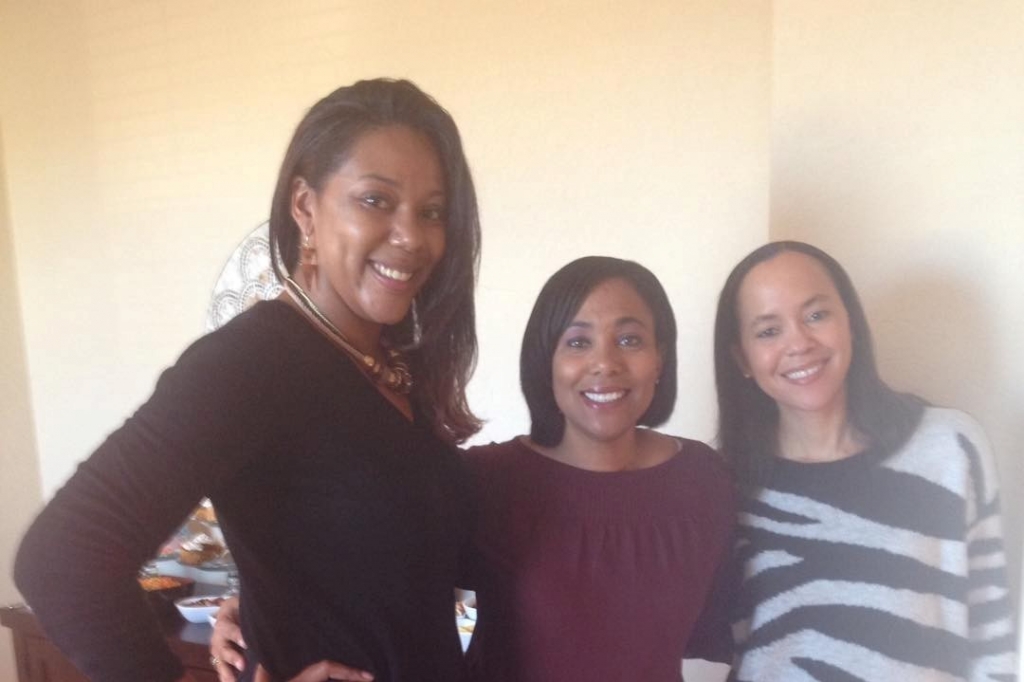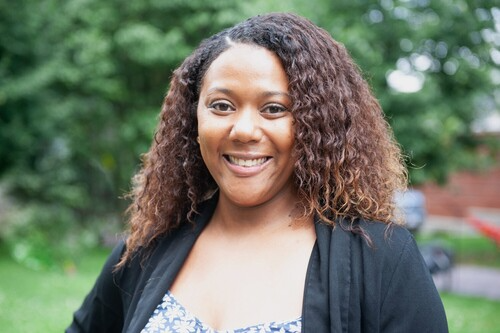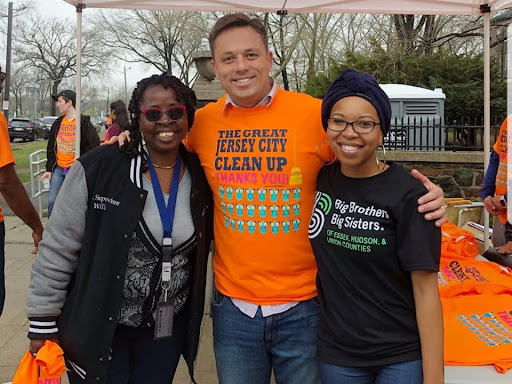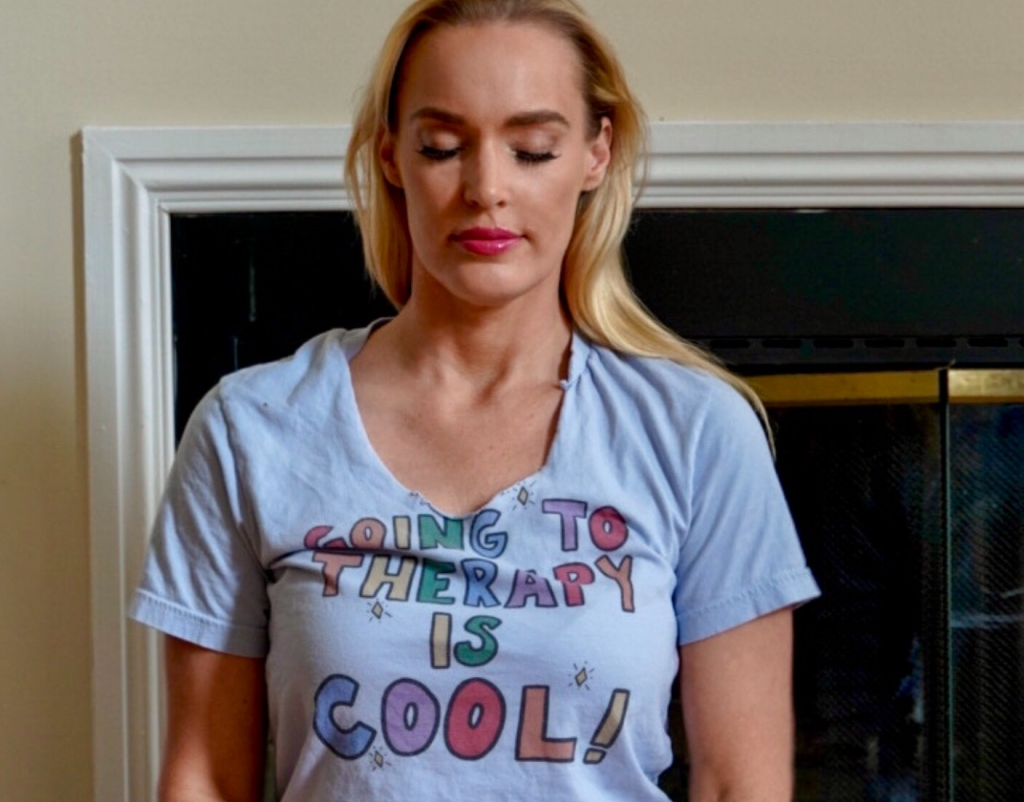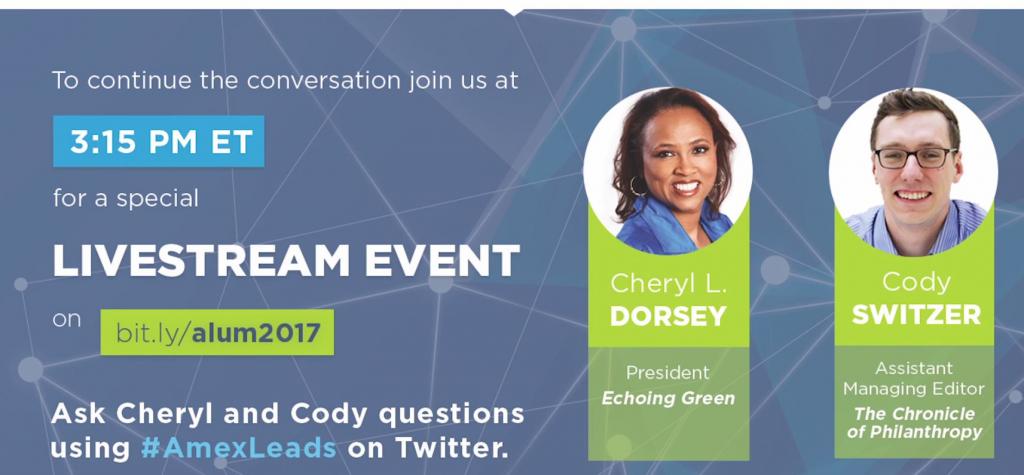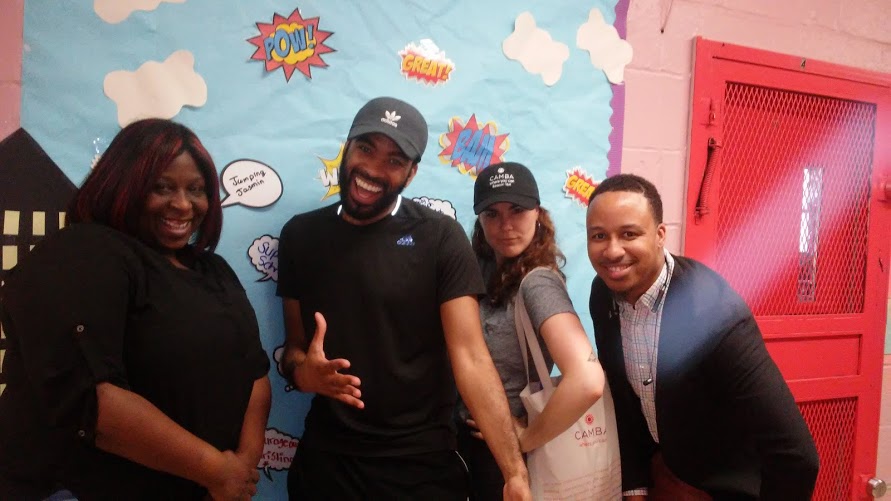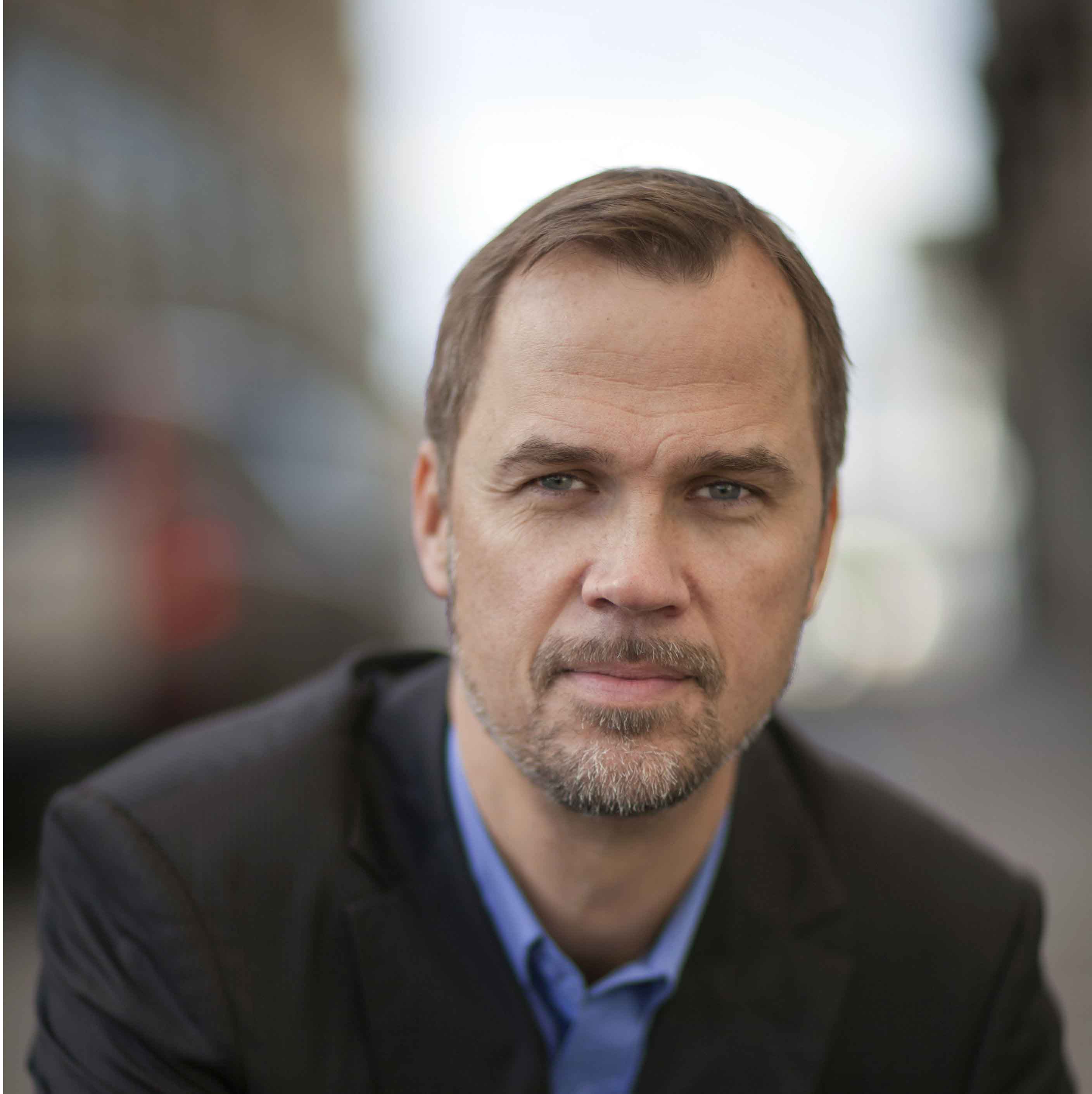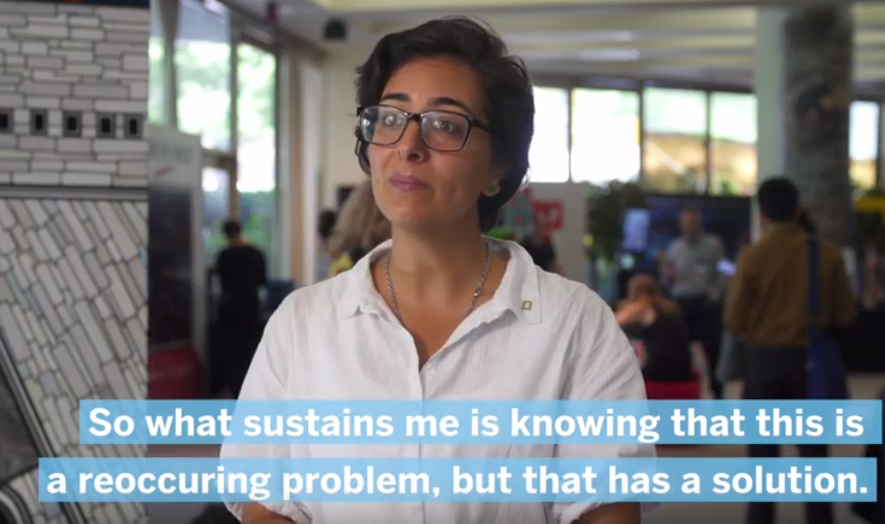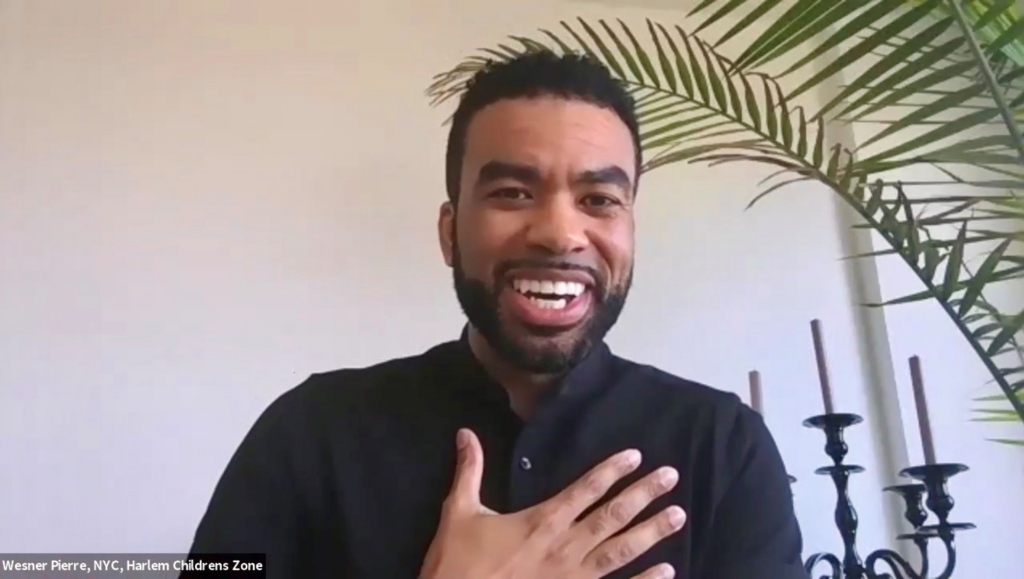
What can you do if your organization has not prepared for a moment like this?
It is a question that Wesner Pierre, the Senior Managing Director of Programs at Harlem Children's Zone, has reflected on quite a lot in recent days. As a nonprofit executive in New York City, Wesner has more than 10 years of experience advocating for youth development and education to help him lead his teams through this time of uncertainty. Yet most of his work relies on in-person, place-based service delivery. Navigating the current pandemic-related restrictions means that his entire team and operation have had to rethink how they engage and provide essential services to students, families, and the community at large.
Wesner is responding to this challenge by focusing on agility, creativity, resiliency and problem-solving. He is adapting his approach to help his teams develop even more agility and creativity, to better be ready for unexpected moments just like this.
Q: What worries you most about the impact of the virus on your community?
WP: We’re learning a lot about our bandwidth and capacity. We’re finding many areas where we were not prepared, which is eye-opening and painful. We need a better crisis response approach. We could have taken more proactive steps in January when we first started learning about Covid-19, but we did not envision how it would unfold in the United States, nor in New York City. As a whole, our service-based nonprofit industry was essentially caught flat-footed and without an immediate plan to combat the rapidly changing landscape.
Q: Indeed, things have developed fast. What are things nonprofit leaders can do now, in the face of this crisis? What advice do you have to share?
During times of crisis, particularly when things are changing so fast, it can be natural to react with a mindset of fear instead of love. Fear is something that we have to guard against, as it can cause us to be impulsive and act out of emotions that get colored by the crisis and allow our better judgment to become clouded. It is also important that we don’t fall into a scarcity mindset and become reactive in our thinking.
Take this time as a leader, while being forced to social distance and remain home, to embrace intentionality and come up with thoughtful plans and creative ways to engage and be sure to incorporate all voices and perspectives from your team.
Build a team of creatives who are resilient and positive and who will in turn inspire you to stay positive and resilient as well. There is no crisis rule book for leaders, so each person will respond to situations differently, know who you can turn to, learn from and lean on, as well as those who might need support from you.
Q: Great points. Are you an optimistic person by nature?
A: Funny you ask, I am quite optimistic and always view the glass as half-full as opposed to half-empty. I guess I have built a resilient core and positive nature over time, as a result of the hardships I had growing up. My mom was around but unable to raise my three siblings and me. We didn’t have much, and my grandmother did her best to raise four rambunctious kids. We learned how to see our hardships as facts of life to deal with and overcome.
As a leader, I started seeking out ways to grow, learn and find networks like the American Express Leadership Academy to help me learn how to be a better leader and person.
I’m currently reading a good book on leadership and it's a powerful reminder to how the infinite mindset is the key to being resilient. During this time, many of my colleagues are reaching out to ask for ideas around what they can do, so I remind them that it's important to pause and process before reacting in fear. Go through the priority matrix exercise (using the quadrant below) and think about where to begin.
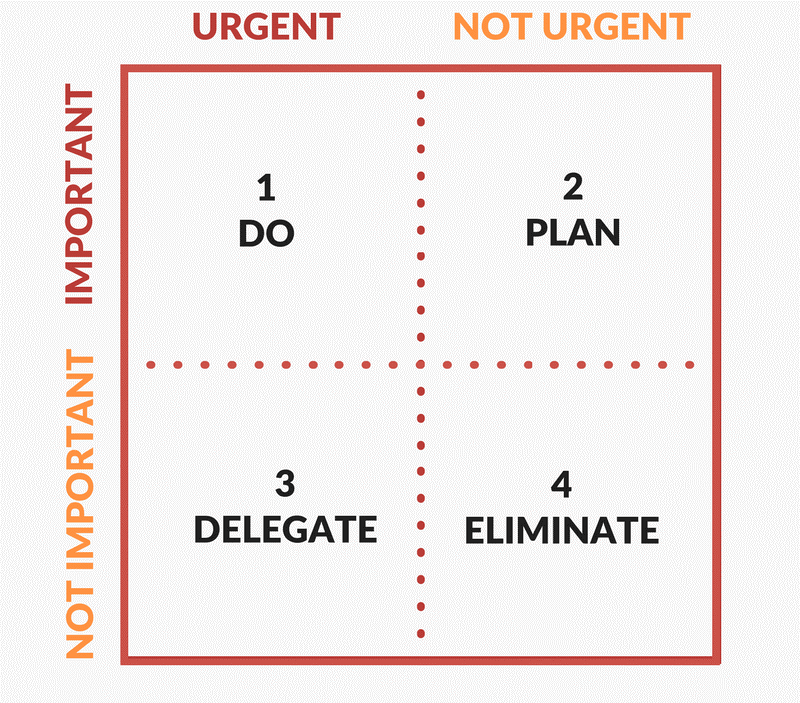
As a leader it's key to build the muscle of resilience, ask yourself, what have you done to lead infinitely and with a mindset of resilience?
Q: How do you encourage others to stay positive? It’s hard to stop the negativity or fear driven by consuming news and information.
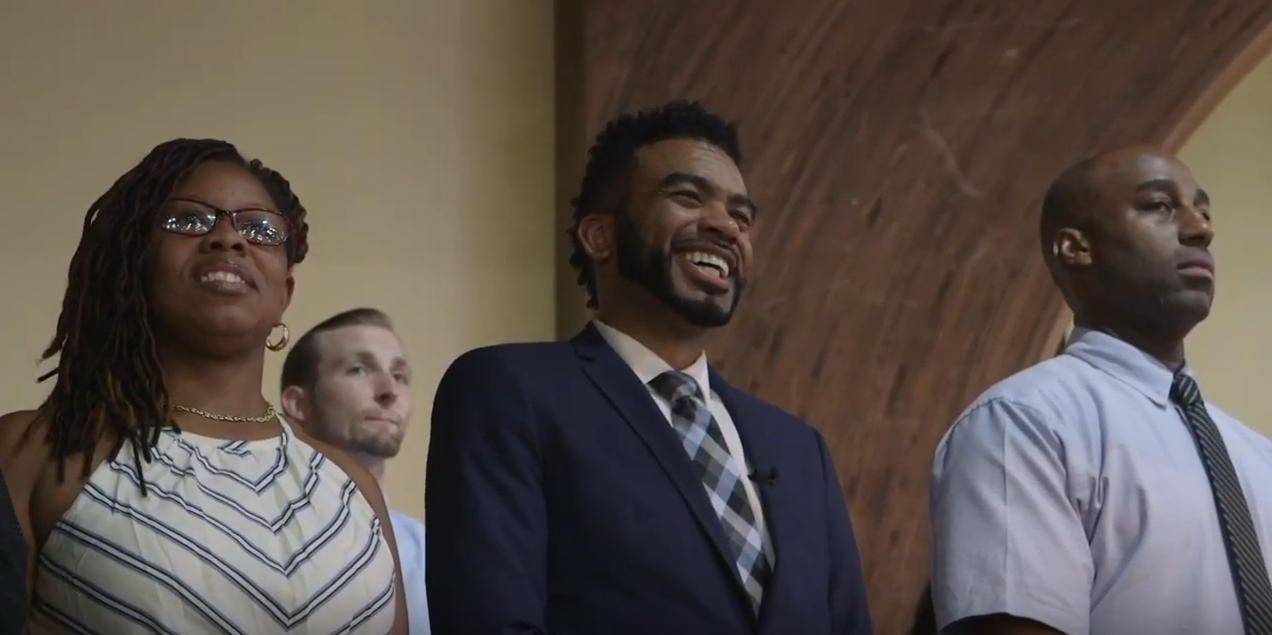
I make the effort to stay happy by being a student of happiness, learning and rediscovering the things that make me happy while finding time to unplug. During the 2015 American Express Leadership Academy, a speaker shared the idea of having a “Happy List” - a list of things that make you happy. Taking that advice, I have a “Happy List,” and I am conscious to return to that list and make the effort to spend time doing the things that make me happy. I play the piano, read, exercise and talk to friends that inspire me to be positive.
Most importantly, having a network and learning opportunities is important to provide the fuel to carry on. I believe when feeling unmoored by crisis and uncertainty, it is important to find your center - your “Why.” Reconnect to the reason you do what you do, realign yourself to your organization's cause and greater purpose, reconnect to your passion and find a way through. You can revisit your happy list, it helps so much. This is the advice I share with others around how they can stay grounded in the midst of so much change.
Q: This event will surely change all our lives. What are things you hope we learn from this event in the long term? Anything we could get better at or that perhaps needs changing?
I hope we become more resilient to existential threats, because whatever the future holds is unknown and whenever the next big challenge comes, it may also be out of our control.
So the critical question is: What can we do now to be better prepared for the eventual? Is your team ready to work remotely for a few months? Are we able to serve our programs remotely or in a different way altogether, if we can’t connect with them in person for large periods of time? We need to have several contingency plans and have more operational planning for all scenarios. Today, teams who have already created systems for remote working are a lot more prepared than those who have never even leveraged tools to connect virtually. It is incumbent upon nonprofit leaders to embrace technology and be more tech savvy.
I also hope this time allows organizations to focus on their mission. For example, if your “Why” is clear, then even if your “How” changes, you can still find a way to serve your stakeholders and communities by focusing on your overall purpose.This focus will also help shape how you invest in certain resources as part of your ongoing journey toward your mission.
_______
About Wesner Pierre
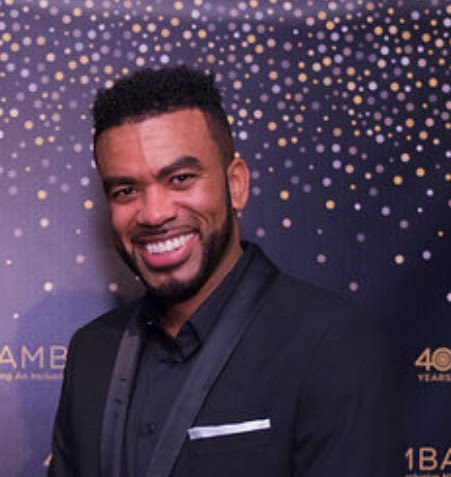
Wesner Pierre is a positive change maker, having worked in the social purpose sector for over 10 years, the impact he has had on youth, families and community is undeniable. A former Vice President at CAMBA Inc., and a new executive team member with the Harlem Children’s Zone, Wesner is excited to bring his passion, creativity and innovation to bear at HCZ. As a native New Yorker who grew up in the underprivileged inner-city community of South Jamaica Queens, Wesner began his successful career by working in and giving back to that very same community.
Wesner started his work in education and youth development as a Beacon Community Center director. While at CAMBA, Wesner demonstrated his passion, innovation, and unwavering commitment to youth, families and community development. He was able to grow the community center program reach from 3,100 youth and families served to over 13,500 served annually. Through Wesner’s work he was able to increase the impact from 3 centers to 16 centers, with over 40 program contracts – including a pivotal anti-gun violence initiative in one of NYC’s most distressed neighborhoods – Brownsville Brooklyn. Now at HCZ, Wesner oversees all the organizations pipeline programs including: Social Services, Family and Support Services, Parent, Community and Health Programs, After-School and Higher Education and Career Support.
Wesner is a former adjunct professor, author of educational texts, a board member of the CUNY School of Professional Studies (SPS) Masters in Youth Studies Program. He is active in the ongoing work of leadership development and is an alumnus of the American Express Leadership Academy, 2015; member of the Forbes Nonprofit Council, 2017; PASEsetter, 2017; American Express Global Alumni of the year nominee, 2019; an Aspen Fellow, 2019 and was published in Forbes twice in January 2020. He holds a Bachelor of Arts degree from the City College and a Master of Arts degree from Queens College of The City University of New York.
- Watch Wesner’s LeaderStories profile video (90-seconds of story and delight!)
- Connect with Wesner Pierre on LinkedIn.
This article is part of our Insights for Uncertain Times series, featuring reflections and solutions from global leaders adapting to the COVID-19 pandemic. Learn more.




